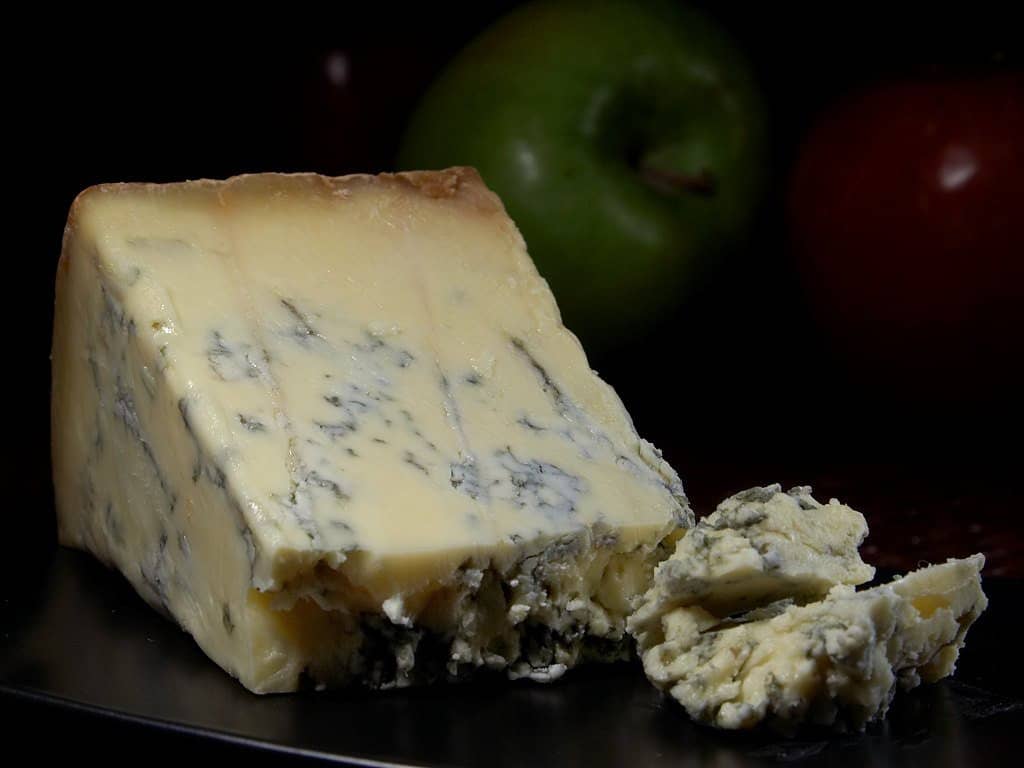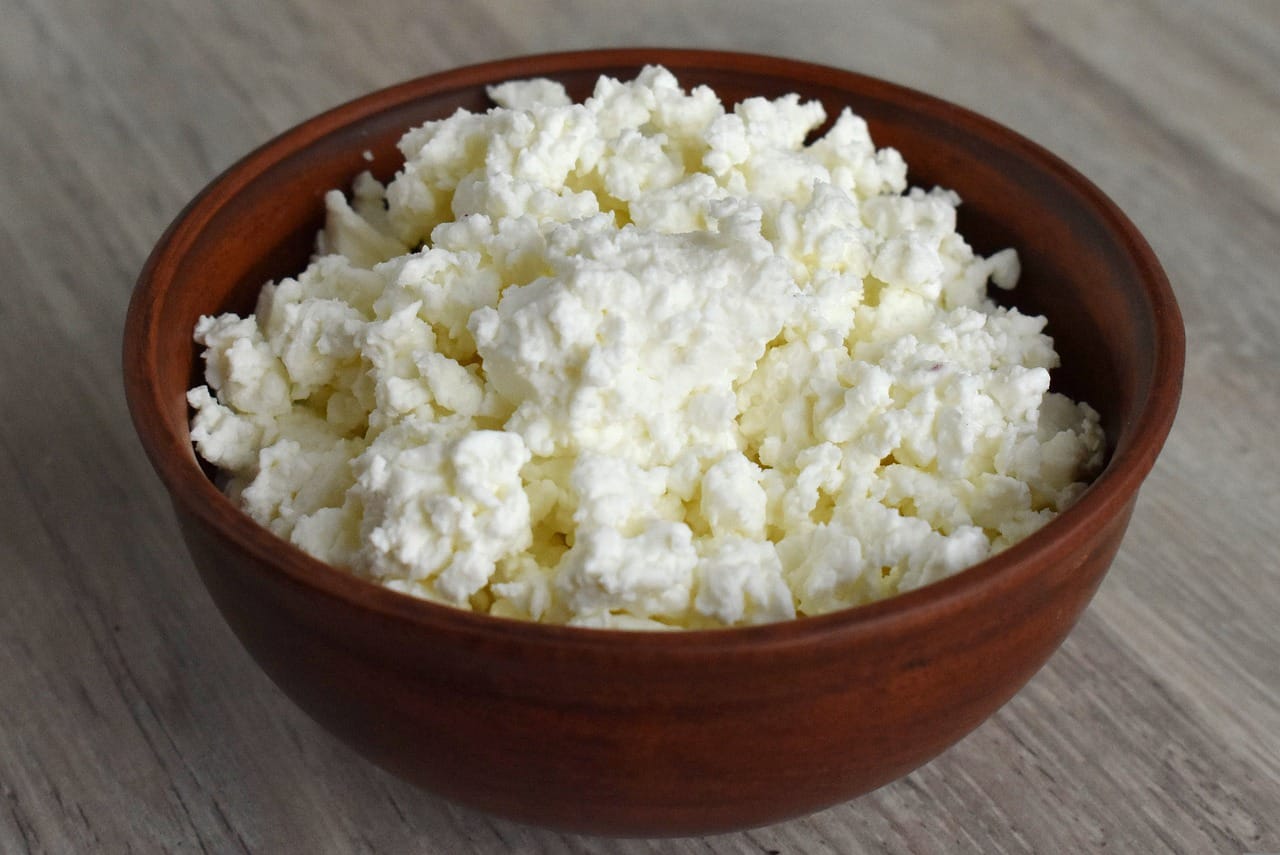Can Dogs Eat Cream Cheese
Many dog parents wonder if they can share their cheese spread with their dogs. But, is it safe, and will it cause health problems to your dog? Read his article to know which type of cheese is safe for your dog and the risk and health benefits of eating cheese.
Can Dogs Eat Cream Cheese
Yes. Dogs can eat cheese because it is not toxic to dogs. However, other factors are to consider, like the brand, amount, and your dog’s health.
Dogs And Dairy
Cheese is mainly made of milk and cream. So, when you are wondering if your dog can eat cream cheese, it is the same as asking if your dog can drink milk.
Dairy is ranked among the top food allergen in dogs. However, according to Banfield Pet Hospital, only 0.2% of dogs are allergic to certain types of food. This means your dog has a chance of 2 out of 1000 being allergic to any food, not just dairy.
You should first test whether your dog is allergic to dairy before providing it to his diet.
Health Benefits Of Cheese Cream In Dogs
Cream cheese contains vitamin A which promotes healthy skin and coat and the proper functioning of muscles and nerves.
It also contains calcium which promotes bone and joint health.
However, a dog can receive these nutrients from his normal meals. So it is best if the cream cheese is only served as a treat. I.e., not more than10% of the total food.
Is Cream Cheese Bad for My Dog?
Even though dogs can eat cream cheese, there are some side effects associated with it like;
High-Fat Content
The high-fat content of cream cheese poses one problem when feeding it to dogs. Each serving of many brands can have up to 6g of saturated fat. There are far better treats than cream cheese that your pet can consume if they are already overweight because food with this much fat can worsen the condition.
It is advised that, if possible, you look for low-fat brands to feed your pet.
Cheese can be high in salt.
Certain cheeses, particularly hard-aged cheeses, have a high salt content that, if consumed in excess by dogs, can be poisonous due to sodium. Although most pets can consume enough fresh water to balance the salt they eat, it’s wise to exercise caution. Extreme thirst, an absence of energy, nausea, vomiting, watery diarrhea, and loss of appetite are typical signs of salt poisoning. Take your dog to the vet immediately if they exhibit any of these symptoms. For dogs who have kidney issues, high-salt meals also increase the danger.
Since some dogs are lactose sensitive, giving your dog cream cheese presents a risk. The most common cause of intestinal problems in pets is lactose. F ortunately, dogs with lactose intolerance who cannot consume milk can consume cheese and yogurt.
It’s advisable to begin gradually and with very small amounts to ensure that your dog can digest the lactose in the cream cheese. Then, stop giving the dairy product if he gets diarrhea or other discomforts.
Possibility of added toxic ingredients
Garlic, onions, and chives are popular cheese toppings but are harmful to dogs. Always verify the ingredients.
Note: You should not give your dog cream cheese if he is overweight or suffers from pancreatitis.
Which Types of Cheese Can Dogs Eat?
Soft Cheese (Young Cheddar, Mozzarella, String Cheese)
Any basic cheese in the home is okay for a dog to consume in moderation. However, if you want to occasionally share a slice of cheese with your dog, try to use low-fat cheese.
Low-Sodium Cottage Cheese
Cottage Cheese can be a wonderful, infrequent addition to your dog’s diet, provided it is low in salt. Cottage cheese has a high amount of calcium, protein, and vitamins if it’s of high quality. Additionally, cottage cheese contains probiotics that may be beneficial for settling a dog’s upset stomach. Low-fat cottage cheese is also available for dogs concerned about their weight.
Plain, Low-Fat Cream Cheese
You can give plain cream cheese to your dog, but only in little and rare doses. It is best to choose low-fat cream cheese because most are rich, fatty, and high in calories. Avoid flavored cream cheeses, which may contain additional ingredients like garlic or onions, which are poisonous to dogs.
Which Types of Cheese are Bad for Dogs?
Blue Cheese and Ripe ‘Moldy’ Cheeses

The mold inside blue cheese produces the mycotoxin Roquefortine C as the cheese ripens. This substance should be completely avoided as it can be highly poisonous to dogs. The best action is to avoid blue cheese, but if your dog accidentally consumes a tiny amount of blue cheese, it should be okay.
If ingested, watch your dog carefully for the next few hours and contact the veterinarian immediately if you observe any vomiting, convulsions, or diarrhea.
Related: Can Dogs Eat Hot Cheetos
How Do I Feed Cream Cheese to My Dog?
It is advisable to give cream cheese to your pet very rarely and in small amounts. Making a healthy treat for your pet out of cream cheese is another wonderful way to serve it.
Can dogs eat Cream Cheese frosting?
No, dogs shouldn’t consume cream cheese frosting.
This is owing to frosting’s high sugar content, which is bad for dogs. Pure vanilla extract may also be used to flavor frostings.
Since vanilla flavoring and extract contain a lot of alcohol, dogs should not consume them. The bodies of our dogs are unable to digest alcohol effectively.
Can dogs eat strawberry Cream Cheese?
Yes, dogs can eat strawberry cream cheese occasionally and in tiny amounts.
However, you should first check the ingredients to ensure they don’t include any extra sugar, artificial additives, or sweeteners like xylitol before giving your furry friends strawberry Cream Cheese.
Read Also: Can Dogs Eat Hot Cheetos

Hey, I’m Caroline, and I’m all about bulldog love, travel, and lending a helping hand to shelter pals. Writing about dogs for five years has let me share the magic of their stories and the world of pet care. My heart? It belongs to Bella, my amazing bulldog sidekick. Together, we’re off on adventures, spreading kindness, and making shelter life brighter. Join us in celebrating the joy of dogs and making a difference!






